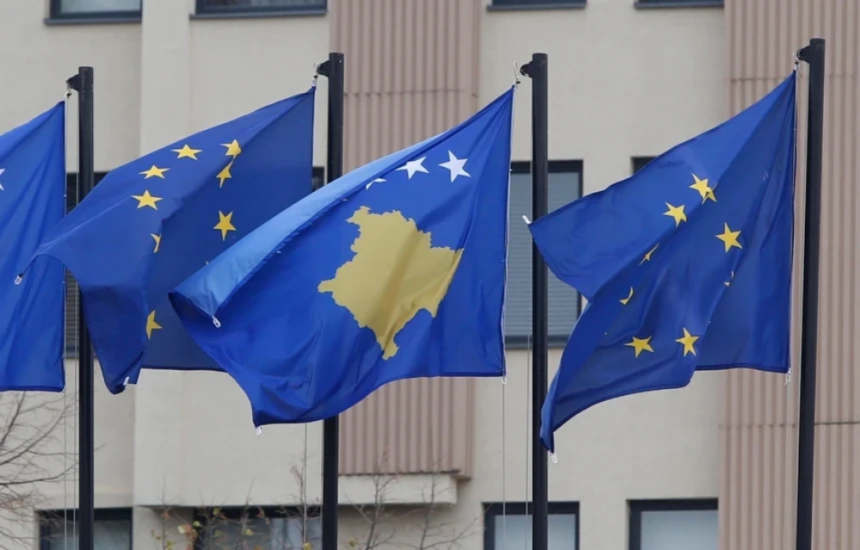The European Union Stresses That Sanctions Imposed on Kosovo in 2023 Are Temporary, Awaiting Consensus from All Member States
The European Union remains undecided on whether to lift the punitive measures imposed on Kosovo in 2023 due to heightened tensions in the northern, Serb-majority areas. According to Peter Stano, the EU spokesperson for foreign policy and security, any decision requires unanimous agreement among member states.
“The situation is under review by the Council, and the decision will be made by the member states, regardless of when the new EU Commission takes office,” Stano clarified on November 15.
The fate of the recommendation from Josep Borrell, the EU’s high representative for foreign policy, to lift the sanctions is still unclear. While discussions continue in EU working groups, there is no significant movement toward lifting the measures. A senior EU diplomat told Radio Free Europe/Radio Liberty (RFE/RL) that there has been no change in stance, despite ongoing debates.
Diverging Views on Lifting Sanctions
Sources indicate that while a majority of EU states favor lifting the sanctions, there is disagreement over the timing and method. Some nations advocate for the immediate removal of all measures, while others call for a more balanced approach, emphasizing the need to hold both Kosovo and Serbia accountable for their actions. This latter group has also pointed out Serbia’s lack of accountability for the armed attack in Banjskë/Zvečan in September 2023, in which Kosovar police officer Afrim Bunjaku was killed.
During this attack, a group of armed Serbs, led by Milan Radoičić, who has ties to Belgrade-backed Serbian List, clashed with Kosovar forces, resulting in multiple casualties. Kosovo has demanded Radoičić’s extradition, a call supported by both the EU and the United States.
Concerns About Unilateral Actions in Northern Kosovo
Another group of EU member states believes lifting all sanctions would be counterproductive, given Kosovo’s ongoing unilateral actions in the north. These include restrictions on the use of the Serbian dinar, the closure of parallel Serbian institutions, and moves to open the bridge over the Ibar River for traffic, which many fear could destabilize the region.
Diplomatic sources suggest that a gradual easing of some sanctions could be considered, but no consensus has been reached. The European Commission has expressed limited interest in removing the sanctions, citing Kosovo’s actions in its latest Progress Report as factors contributing to tensions.
Prime Minister Albin Kurti’s government has faced international criticism for policies that include closing Serbian postal branches and attempting to reintegrate the north, amid concerns these measures could incite further unrest.







